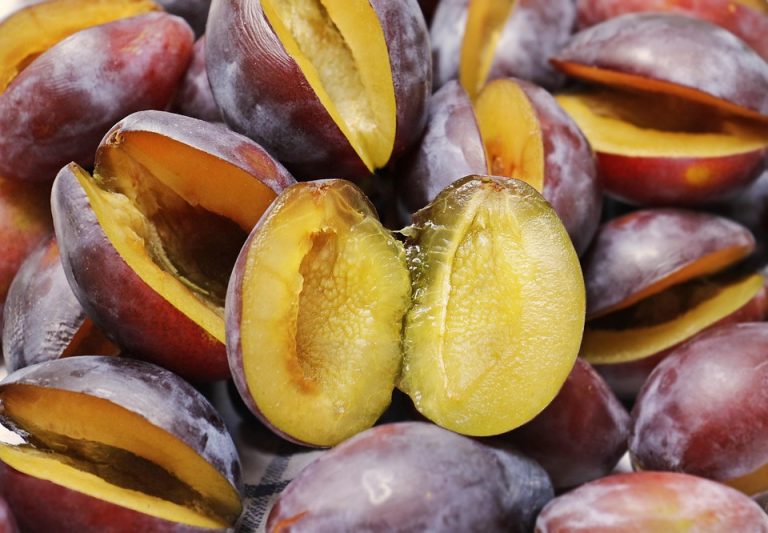Mastering nutrient timing for gains can transform your workouts and elevate your performance to new heights. But what does that mean for you? In simple terms, nutrient timing involves strategically consuming food and supplements around your training sessions to maximize muscle growth, recovery, and overall performance. It’s not just about what you eat, but when you eat it. This concept matters because the right timing can significantly enhance your results, whether you’re lifting weights, running, or doing yoga.
Contents
Understanding Nutrient Timing
Before we dive into the secrets, let’s get on the same page. Nutrient timing is all about optimizing your body’s ability to build muscle and recover. It focuses on the timing of macronutrient intake—proteins, carbohydrates, and fats—relative to your workouts. Studies suggest that when you eat can be just as crucial as what you eat. This knowledge empowers you to fuel your body effectively, ensuring you achieve your fitness goals faster.
Why Nutrient Timing Matters
Your body is a finely tuned machine. It needs the right fuel at the right time to function optimally. Here’s why nutrient timing should matter to you:
- Maximize Gains: Consuming nutrients at strategic times can enhance protein synthesis, leading to greater muscle growth.
- Enhanced Recovery: Proper timing helps your body recover quickly, reducing soreness and improving performance in your next workout.
- Improved Energy Levels: Eating at the right times ensures you have the energy you need to power through your workouts.
Secret #1: Pre-Workout Nutrition
Your pre-workout meal sets the stage for success. It’s your chance to fuel your body with the energy it needs to perform at its best.
What to Eat Before You Train
Aim to consume a balanced meal containing both carbohydrates and protein about 1-3 hours before your workout. Here are some great options:
- Oatmeal with Protein Powder: A delicious, filling choice that provides sustained energy.
- Greek Yogurt with Berries: Packed with protein and antioxidants, this combo is quick to prepare.
- Banana and Peanut Butter: A classic snack that offers quick energy from the carbs and protein from the peanut butter.
Why It Works
Carbs provide the energy your muscles need, while protein helps to prevent muscle breakdown during those intense training sessions. A well-timed pre-workout meal can drastically improve your performance.
Secret #2: Post-Workout Nutrition
You’ve pushed your limits, and now your body needs to recover. This is where post-workout nutrition comes into play.
What to Eat After Your Workout
Focus on a meal rich in protein and carbs within 30-60 minutes after exercising. Here are some winning combinations:
- Protein Shake with Banana: Quick and convenient, this combo is ideal for on-the-go recovery.
- Chicken and Sweet Potato: A hearty meal that provides protein and complex carbohydrates.
- Cottage Cheese with Pineapple: A refreshing option that offers protein and quick sugars for recovery.
Why Timing Matters
Post-workout, your muscles are primed to absorb nutrients. Consuming protein helps repair and build muscle, while carbs replenish glycogen stores, so you’re ready for your next workout.
Secret #3: The Importance of Protein Timing
It’s not just about pre and post-workout meals. The timing of your protein intake throughout the day can also play a crucial role in muscle synthesis.
Spreading Out Your Protein Intake
Aim to consume protein at regular intervals throughout your day—ideally every 3-4 hours. This approach ensures that your body has a steady supply of amino acids to support muscle repair and growth.
Ideal Sources of Protein
- Lean Meats: Chicken, turkey, and fish are excellent choices.
- Plant-Based Options: Lentils, chickpeas, and quinoa offer great protein sources for vegans.
- Dairy and Eggs: Greek yogurt, cottage cheese, and eggs are all rich in protein.
Secret #4: Hydration Timing
You might not think of hydration as nutrient timing, but it’s equally essential for your performance and recovery.
When to Hydrate
Make sure you’re drinking water throughout the day, but pay special attention to your hydration before, during, and after workouts.
- Before Exercise: Drink 16-20 ounces of water about 2 hours before you hit the gym.
- During Exercise: Aim for 7-10 ounces every 10-20 minutes, especially for longer sessions.
- After Exercise: Rehydrate with at least 16-24 ounces of water for every pound lost during your workout.
Why Hydration Matters
Dehydration can lead to fatigue, decreased performance, and longer recovery times. Staying hydrated ensures your body functions optimally.
Secret #5: Listening to Your Body
Your body is your best guide, and it’s essential to listen to its signals.
How to Tune In
- Energy Levels: Notice how your energy fluctuates with different eating times. Adjust your meals accordingly.
- Recovery Time: Pay attention to how quickly you bounce back from workouts. If you’re sore for days, you may need to tweak your nutrient timing.
- Hunger Cues: Don’t ignore your body’s hunger signals. Eating when you’re hungry can help you maintain energy and focus.
The Power of Intuition
While science offers guidelines, your individual needs may vary. Trusting your instincts can lead you to discover what works best for you, allowing for a more personalized approach to nutrient timing.
Bottom Line
Mastering nutrient timing for gains is about more than just eating the right foods. It’s about understanding the pivotal role timing plays in fueling your workouts, enhancing recovery, and maximizing your results. By strategically planning your meals and listening to your body, you’re setting yourself up for success.
Start experimenting with these secrets today, and watch how your body transforms. Remember, it’s not just about how hard you work out; it’s about how well you fuel and recover.
Frequently Asked Questions
1. How long before a workout should I eat?
Aim to eat a balanced meal 1-3 hours before your workout for optimal energy.
2. What should I eat immediately after my workout?
A combination of protein and carbs within 30-60 minutes post-exercise is ideal for recovery.
3. How important is hydration for workouts?
Hydration is crucial; it affects your performance and recovery. Be sure to drink water before, during, and after exercising.
Take control of your nutrition and timing. Your future self will thank you!
Get Your FREE Natural Health Guide!
Subscribe now and receive our exclusive ebook packed with natural health tips, practical wellness advice, and easy lifestyle changes, delivered straight to your inbox.





